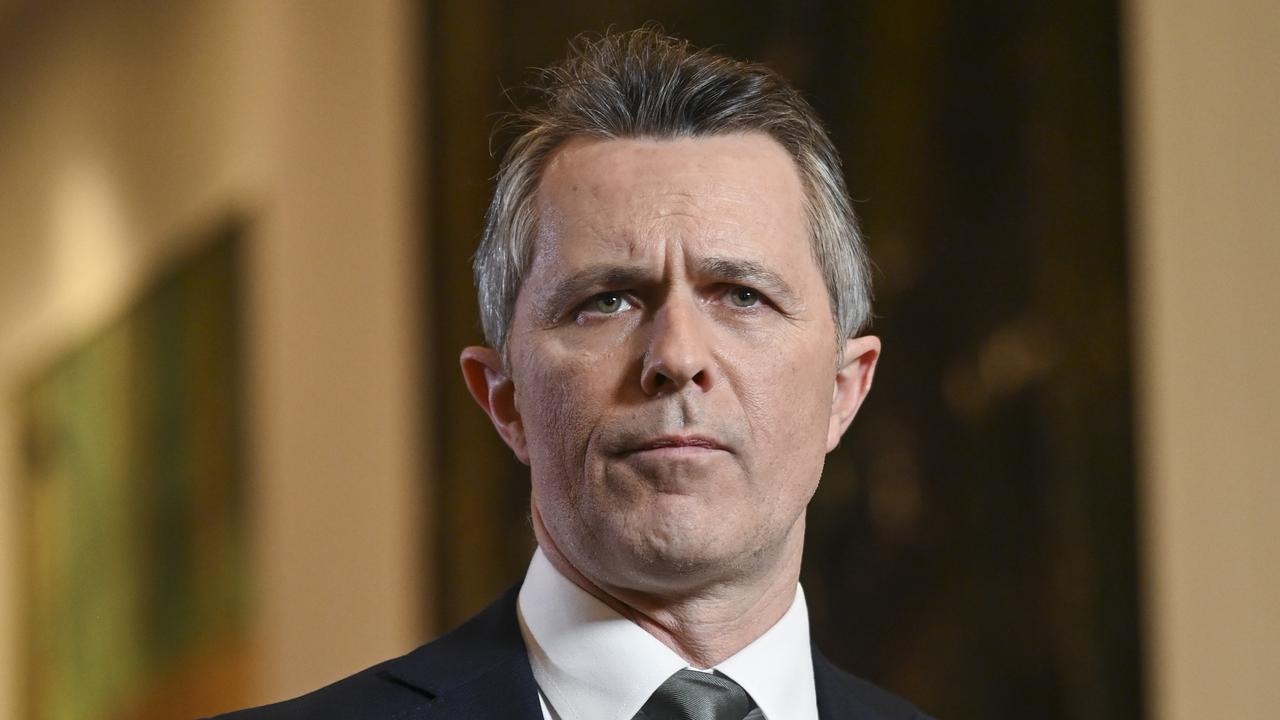The Universities Accord needs a firm commitment if it is to succeed


Its core is a long-term vision to expand both higher education and vocational education so that 80 per cent of Australians will hold tertiary qualifications by 2050. University places for domestic students are to double by then to 1.8 million.
The accord report – the product of 15 months of work by a panel led by Mary O’Kane backed by the federal Education Department – also proposed deep structural changes to tertiary education.
It recommended a new body – the Australian Tertiary Education Commission – with wide powers to orchestrate the changes, which include a new funding system, fee structures, alignment of courses with skill needs, better linkages between higher and vocational education, and a shift towards innovative courses such as microcredentials and degree apprenticeships.
It said Australia would benefit from new universities, as well as a greater variety of universities, ranging from teaching-focused to research-intensive. Of the 47 recommendations, Education Minister Jason Clare says the government has responded, at least in part, to 29 of them.
It’s true that several key things have been done. In the recent budget, the government picked up on some recommendations that happened to dovetail with its pre-election priority of reducing runaway living costs.
It announced changes to how student HELP loan repayments are calculated to reduce the impact of high inflation, as well as payments to students in teaching, nursing, midwifery and social work (from July next year) while they are doing the mandatory work placements that are part of their study. It also committed to starting “needs-based funding”, which will offer universities more money to meet the cost of educating students from disadvantaged backgrounds and to expanding free university preparatory courses.
Crucially, it said in the budget that it would establish the Australian Tertiary Education Commission, which will be the driver of many of the accord reforms.
But what we don’t have is a full government response to the Universities Accord, which goes through the 47 recommendations one by one and says what will be implemented and what won’t be. This would normally be expected for a report of the scale and depth of the accord. But it hasn’t happened and there’s no indication that it will.
“The government will consider other recommendations (of the accord) in due course,” says Clare. He argues that a “big chunk” of the recommendations have been bitten off. But there are some notable omissions.
In particular, the government is silent on one of the major injustices currently being suffered by university students – the $16,000-plus annual tuition fees being paid by law, business, economics, social science, communications, hospitality and humanities students.
These fees – which are nearly four times higher than fees for nursing, teaching, languages and maths courses – were brought in by the Morrison government in its Job-ready Graduates changes.
Once Labor used the high fees as easy fodder for political attacks on the Coalition. But we don’t hear much of that these days even though cutting these fees would have a much greater financial benefit for students doing the high-price degrees than the changes to HELP loan repayments.
The uncomfortable truth is that Labor does not want to bear the budgetary cost of reducing the high fees any time soon, and is not coming under political pressure to do so.
The accord did not primarily focus on university research but had some recommendations including a new review, a Solving Australian Challenges Fund, boosting the number of industry-linked PhD students, increasing stipends for PhD students and offering longer-term Australian Research Council grants. The only recommendation accepted so far is the new review, which is in the hands of Industry and Science Minister Ed Husic.
And this new review is the latest of many, none of which has led to any substantive change in the way Australia funds research. The government is evidently content for universities to continue to use international student fees to support research.
“The accord is a blueprint for the next few decades,” says Clare. “Funding it and implementing it are going to take more than just one budget. We have to do this in stages.”
That’s true, but there also needs to be a clear commitment, a light on the hill, as it were.
The accord started as a bang but is now slipping away from the centre of political attention. It’s not yet a whimper, but the danger is that it could become one if the government does not say more about what it will, and will not, do. Then the things that are committed to need to be assembled into a clear statement of intent. There needs to be a timeline for at least the first decade of this 25-year plan and legislation passed, where required, to give substance to the commitment.
It’s true that this can’t happen all at once. For example, funding and structural changes depend in part on work to be done by the still to be formed Australian Tertiary Education Commission. But unless the government lays down a plan, the accord’s ambitious reform blueprint is likely to fail.



The Albanese government’s Australian Universities Accord landed with a thunderclap in February, laying out a plan for major, ambitious and much-needed reform of tertiary education.